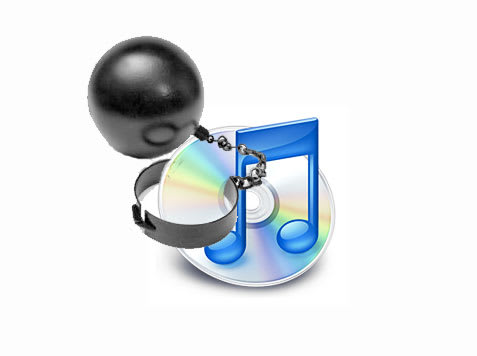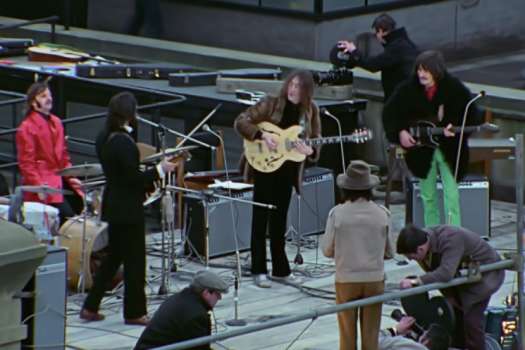While most measures of the way the wind is blowing these days point to the end of DRM (Digital Rights Management), which are restrictions built into MP3s you purchase that control how you can use the files, the RIAA is saying that it is alive and well.
During the Digital Hollywood conference in Los Angeles last week, David Hughes of the RIAA said "I [recently] made a list of the 22 ways to sell music and 20 of them still require DRM. Any form of subscription service or limited play-per-view or advertising offer still requires DRM. So DRM is not dead. This seems contrary to all indications of an impending and well-deserved death for DRM: four months ago, the last of the major label foot draggers - Sony BMG - caved and began selling DRM-free music on Amazon.
The reason for Hughes confidence in the technology is his belief that single song MP3 purchases will be phased out in favour of subscription-based music services. The latter generally allow users to download an unlimited or high number of songs for a monthly fee songs that stop playing as soon as you cancel your subscription.
If Hughes is right, it means online music purchasing could be stuck in the dark ages for a while yet: the RIAA seems hellbent on doing everything possible to make buying music online a less sensible option than buying CDs for the average music fan. Why would anyone pay the same price as a CD for a DRM album download when latter allows you to do whatever you want with its contents? As it stands, all DRM music purchases are little more than long-term rentals, and as we saw recently with closing of the DRM servers for the MSN Music Store, that rental can always be taken back.
During the Digital Hollywood conference in Los Angeles last week, David Hughes of the RIAA said "I [recently] made a list of the 22 ways to sell music and 20 of them still require DRM. Any form of subscription service or limited play-per-view or advertising offer still requires DRM. So DRM is not dead. This seems contrary to all indications of an impending and well-deserved death for DRM: four months ago, the last of the major label foot draggers - Sony BMG - caved and began selling DRM-free music on Amazon.
The reason for Hughes confidence in the technology is his belief that single song MP3 purchases will be phased out in favour of subscription-based music services. The latter generally allow users to download an unlimited or high number of songs for a monthly fee songs that stop playing as soon as you cancel your subscription.
If Hughes is right, it means online music purchasing could be stuck in the dark ages for a while yet: the RIAA seems hellbent on doing everything possible to make buying music online a less sensible option than buying CDs for the average music fan. Why would anyone pay the same price as a CD for a DRM album download when latter allows you to do whatever you want with its contents? As it stands, all DRM music purchases are little more than long-term rentals, and as we saw recently with closing of the DRM servers for the MSN Music Store, that rental can always be taken back.




